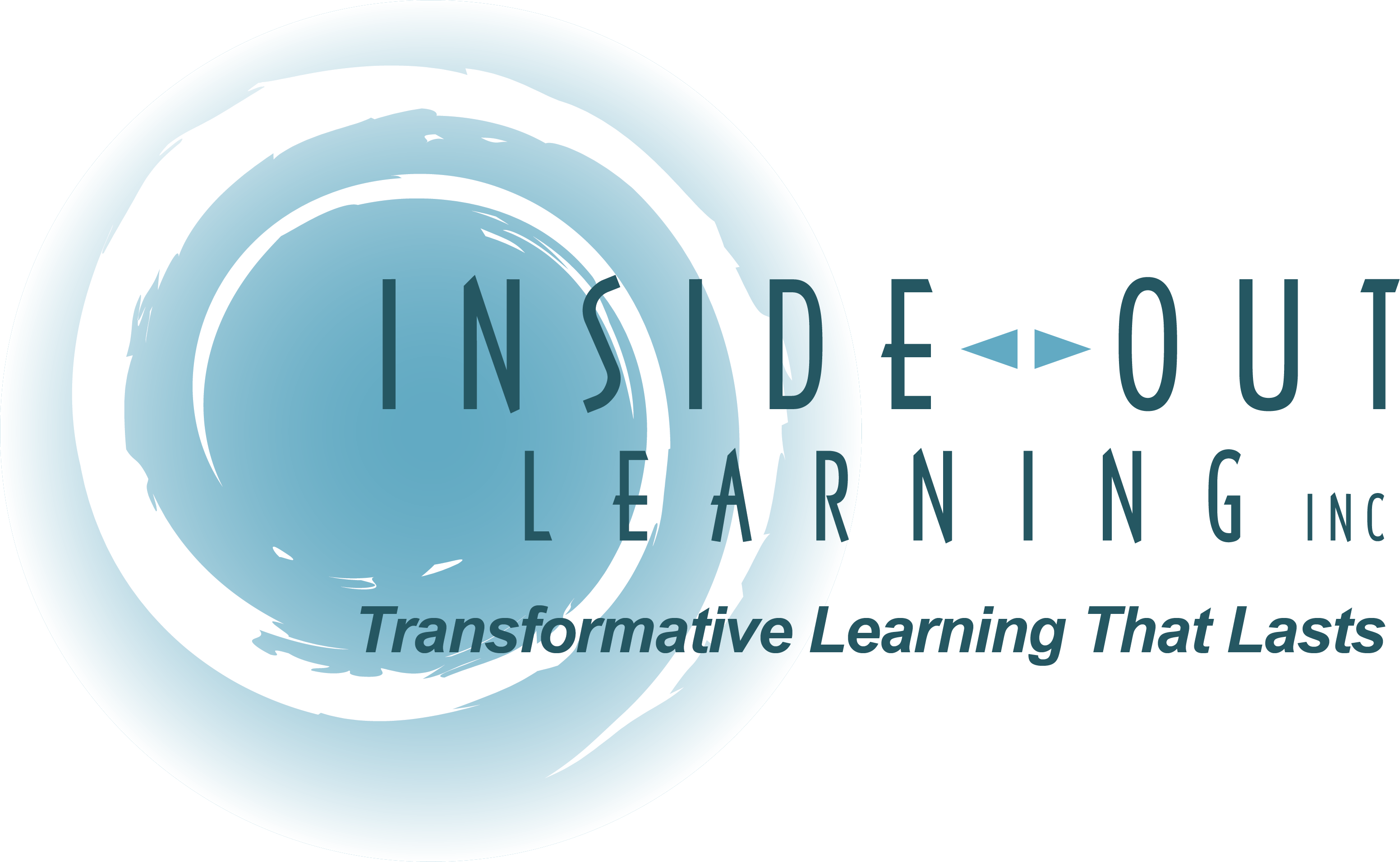Exploring Trust And The Relationship Bank Account At Work
*Forwarded from Feedly*
Exploring Trust And The Relationship Bank Account At Work
Written by: Gia Storms, Forbes Councils Member
Gia Storms is an executive and leadership coach and faculty with the Co-Active Training Institute. She is based in Los Angeles.
getty
We know that trust is the glue that holds teams together and creates positive, productive workplaces. But how much trust do you have in your professional and personal relationships? And how do you build more trust if it’s lacking?
In his book The Seven Habits of Highly Effective People, Stephen Covey uses the metaphor of an “Emotional Bank Account” to describe “the amount of trust that’s been built up in a relationship.” This is one of the most powerful and lasting concepts to date on building relationships based on trust.
Imagine that for every relationship you have, you maintain a personal trust bank account where you can both make deposits and withdrawals. According to Covey, strong, healthy relationships are the result of steady deposits over time. For many, core deposits — such as attempting to understand the other person, keeping our promises, being clear about expectations and demonstrating small acts of kindness — serve as major deposits.
Professionally, every time a manager says something supportive, honors their commitment, responds quickly to an email and smiles when they greet their employees, they are making a deposit. They make withdrawals when they interrupt often, criticize, blame, defend, ignore, intimidate, speak unkindly about other teammates and are unprepared for meetings.
The challenge is that we all operate in our own currency and we often don’t understand others’ currencies. What creates deposits or withdrawals for me may be different than what creates deposits or withdrawals for you. For example, in my professional relationships, a colleague who is able to give me real-time feedback in a constructive way has earned a huge deposit in my bank account, whereas feedback that gets communicated to me through a third party, late or after being shared with others first can deplete my trust.
John M. Gottman, marital researcher, therapist and author, has examined the variety of ways that couples attempt to connect with one another as making “deposits” into the emotional bank account. Withdrawals in this context include negative connections, missed opportunities or absence of connection.
In my own work, I’ve also observed this dynamic.
Common deposits include:
• Celebrating other’s successes
• Asking “How can I help?”
• Giving people your full attention
• Keeping promises
• Being a straight talker and being honest with what’s on your mind
• Providing clear, explicit boundaries
• Using morally neutral language
• Being responsive and following up when you said you would
Common withdrawals include:
• Avoiding difficult topics or conversations
• Being late or not responding
• Being vague or blaming others
• Talking negatively behind others’ backs
• Being intolerant of risks or mistakes
• Ignoring someone
• Not asking for what you need
• Being inconsistent
• Not acknowledging or apologizing for mistakes
Conduct an audit of your relationships. For each relationship, there is a balance — it may be slightly positive, very positive or, in our most trusting relationships, sky-high. It can also be in slight deficit or completely empty.
As a next step, explore for yourself what constitutes a deposit and what constitutes a withdrawal. Make a list of what other people do to earn deposits with you and what leads to withdrawals.
Start by identifying a few relationships that are important to you where the negative withdrawals may threaten to outweigh the positive deposits. Ask them if they have time to meet with you and reflect on the relationship, then open yourself up and get curious about ways that you can build trust and show up for them. Listen and ask exploratory questions until you begin to understand this person’s deposits.
Where can you do a better job of putting in deposits with your key relationships today?
Forbes Coaches Council is an invitation-only community for leading business and career coaches. Do I qualify?
via Forbes – Leadership “https://ift.tt/35Uaszf”
April 23, 2021 at 05:17AM
